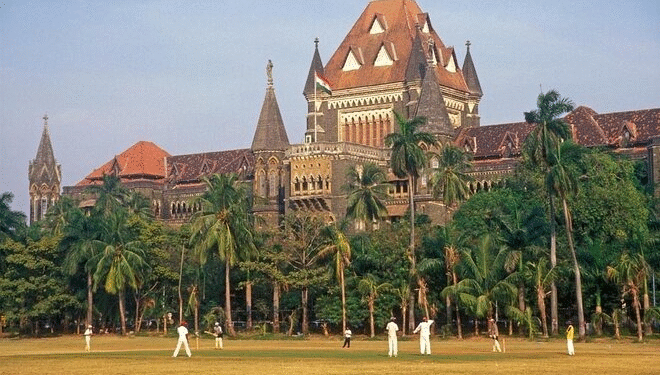Pune: In a strong rebuke to the Maharashtra government, the Bombay High Court on Tuesday granted immediate bail to a 19-year-old Pune-based student arrested over a social media post related to Indo-Pak tensions. The court criticised the state’s approach as excessively harsh and termed the action taken as “radical,” expressing shock over how the student had been treated as a “hardened criminal.”
The vacation bench comprising Justices Gauri Godse and Somasekhar Sundaresan ruled that the student, currently in judicial custody, should be released without delay. The judges noted that she had already deleted the controversial post, issued an apology, and shown remorse—factors that, in the court’s view, made her arrest entirely unwarranted.
The bench also suspended her rustication from the Sinhgad Academy of Engineering, affiliated with Savitribai Phule Pune University, and instructed the college to issue her a hall ticket so she could appear for her upcoming semester exams. The court found fault with the college for acting hastily without allowing the student an opportunity to explain her actions.
The student was arrested earlier in May after sharing an Instagram post originally published by an account named ‘Reformistan,’ which criticised India’s actions during the Indo-Pak conflict under Operation Sindoor. Following backlash, the student deleted the post within two hours and publicly apologised, but still faced an FIR and was taken into custody by Kondhwa police.
During the hearing, the student’s lawyer, Farhana Shah, filed a fresh petition seeking bail and quashing of the FIR. The High Court granted the relief and criticised both the authorities and the educational institution for their punitive stance, arguing that they had effectively turned a young individual’s error in judgement into a criminal matter.
The court emphasised that such responses could have long-term consequences, potentially alienating young people instead of helping them understand their responsibilities. “Instead of guiding her, you’ve chosen to brand her as a criminal,” the judges stated.
The court also rejected the government’s claim that the student’s actions were against national interest, observing that a single social media post, later deleted, was unlikely to pose such a threat—especially from someone who had shown genuine contrition.
“This kind of overreaction by the state can end up radicalising rather than reforming,” the bench warned, urging educational institutions to act with the intent to counsel and educate rather than punish.
The student, a second-year IT student, had claimed in her petition that the college’s decision violated her fundamental rights and was both arbitrary and disproportionate. The court agreed, citing the need for a reformative rather than punitive approach, especially for students still navigating their formative years.
















